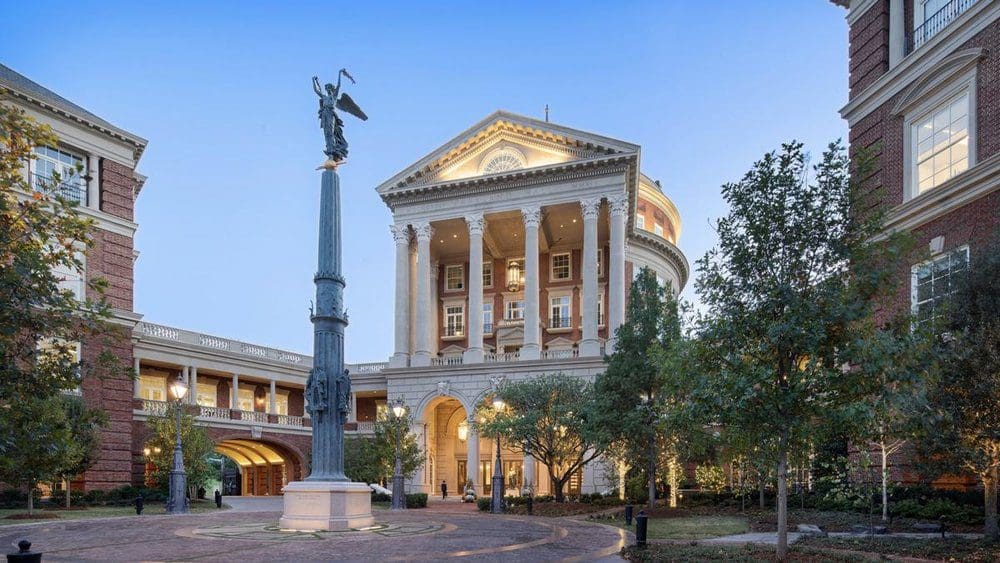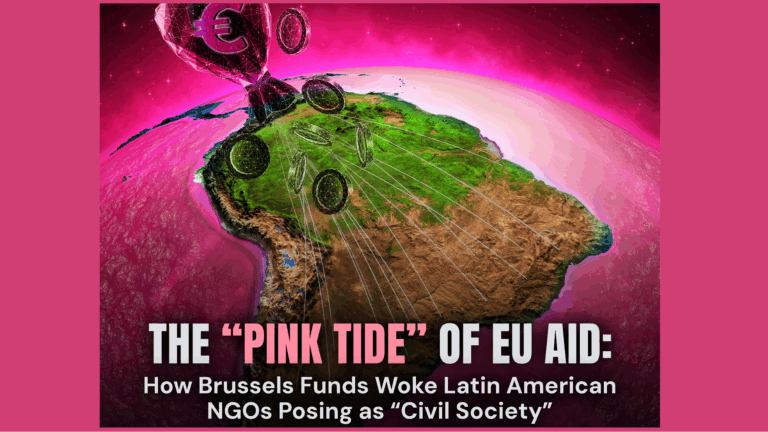In recent years, many scholars, public intellectuals, and academics have fallen victim to the culture wars in the West. Perhaps the most famous person forced to resign for speaking up against compelled speech and political correctness is Canadian psychologist Jordan Peterson, who resigned from the University of Toronto. Among the “cancelled” thinkers are Ayaan Hirsi Ali, a well-known critic of Islam; philosopher Peter Boghossian, who resigned from Portland State University, following his controversial 2018 hoax in which he had pseudo-scientific articles published in renowned academic journals, to demonstrate the lack of integrity of collegiate intellectual life. In October of last year Kathleen Stock, who argues that gender identity is not entirely based on self-identification, joined the group of cancelled intellectuals, as she was compelled to resign from her job at the University of Sussex after being targeted for years by hateful campaigns.
The list of professors and public intellectuals who have been ostracized, cancelled or forced to resign for their views could go on and on. While these intellectuals come from a diverse political background, and have different research interests, there is one idea that connects them – and that is their belief in the freedom of speech and inquiry. They believe that everyone has the right to freely express their views and discuss them in an open, intellectual environment. They reject current Western trends to dismiss or fire professors when they refuse to subjugate academic freedom to political correctness. While the above-mentioned public intellectuals stand firmly on the belief in freedom of inquiry and speech, the fact that they all had to leave their jobs demonstrates that their freedom of speech on Western campuses is under attack.
There is one idea that connects them: their belief in the freedom of speech and inquiry
When even the most renowned professors face challenges to express their views due to political correctness and cancel culture, students’ ability to speak freely is even more constrained. To lift the pressure off both students and professors, as well as to preserve the ideals that universities were originally built upon, a new university has been established in the United States in the name of free speech with the participation of the above-mentioned intellectuals – just to mention a few (with the exception of Jordan Peterson, who was seriously ill at the time). The university is committed to teaching students the value of critical thinking and free self-expression, as well as to educating them on a respectful, evidence-based debate culture. The university’s three core values are freedom of inquiry, freedom of conscience, and civil discourse.
Although the idea of establishing a new American university already came up a few years ago, the University of Austin (UATX) was officially established in 2021 in Texas. The institution is still in the process of obtaining official accreditation, so the first cohort of full-time students will enrol at UATX in the next couple of years. Some information about the university’s first bachelor’s degree is already available on their website, and UATX says it also plans to launch master’s degrees in the coming years. According to information released online, the first two years of UATX’s undergraduate education will focus primarily on laying the ‘intellectual foundations’, while students can choose to specialize and become fellows at the university’s Centres of Inquiry in the third and fourth years of their studies. As a “warm-up”, however, UATX launched its first in-person programme earlier this summer in Dallas. The summer university was titled ‘Forbidden Courses’ and it was dedicated to the most vexing questions of our time.
The seminars, which sought to break taboos, were held by intellectuals such as Niall Ferguson
The short, two-week-long summer university programme was dedicated to topics that are close to being forbidden to talk about in today’s Western politically correct societies. The seminars, which sought to break taboos, were held by intellectuals such as Niall Ferguson (history professor at Stanford University), who lectured on free and non-free societies in the 20th century, Ayaan Hirsi Ali, who spoke about freedom of speech, religion and women’s rights, Thomas Chatterton Williams (contributor to The Atlantic magazine) who looked at race issues, Kathleen Stock, who discussed various schools of feminism. While the first week of the course was dedicated to the relationship between the individual and society, the second week focused on the questions of self and identity. In addition to the seminars, students could attend workshops with Harvard Professor Arthur Brooks on happiness, Edward Luttwak, security policy expert and former advisor of Ronald Reagan, on the conflict in Ukraine, and many other events featuring prominent figures of our time.
As an attendee of the summer course, I can testify that the atmosphere at the university was very inspiring and open. After the lectures, students were encouraged to have lunch with the professors and continue the dialogue. The free, informal environment facilitated great conversations and helped all attendees to gain a deeper insight into the ideas of the course. Most of the students of the summer university were American (or were studying at American universities) – some of them actually came from such prestigious schools as Harvard and Stanford. There were only a couple of international students – an Austrian, some British students from Edinburgh and Oxford, and myself, the only Hungarian. Although the majority of students sympathized with right-wing or Republican ideas and politics, overall, the group held very diverse political views. I was enrolled on the courses of Kathleen Stock on the varieties of feminism, so my second article on the UATX’s Forbidden Courses will be about the main takeaways from that particular seminar.








